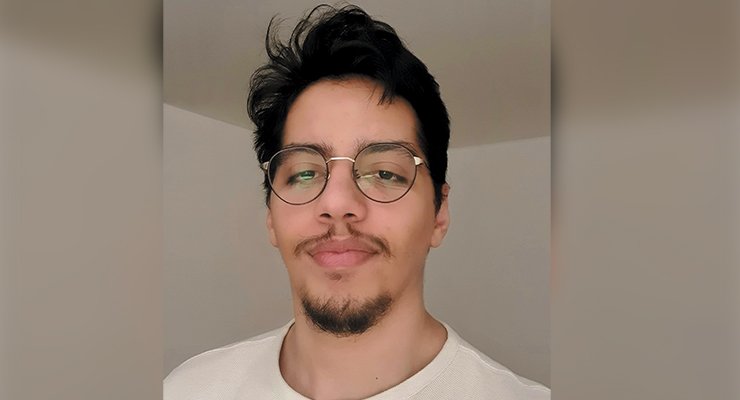Specialty – Integrated Design in Mechanical Engineering (CMI)
The objective of the specialty CMI is to train engineers in skills enabling them to coordinate design and prototyping of complex systems – they can draft specifications, propose and analyses various solutions that take into account the technico-commercial constraints (industrialization of prototypes, environmental issues such as recycling); they can choose appropriate CAD, CAA, CAM software packages, and for life-cycle management (PLM).
Programme
In CMI, the students cover the following themes:
- machine analysis and design ;
- control-command systems, actuators and sensors ;
- power transmission ;
- digital engineering and virtual reality (VR) ;
- advanced CAD and GDT/PLM software ;
- modelling and engineering of complex systems ;
- industrialisation and prototyping.
Equipment
CMI have access to computers and software made available by industrial partners: Amesim, Catia, Créo, Matlab, MSC, Adams… and test rigs tribology, wear, rugosity and fabrication means, prototype control (fabrication workshops and metrology units).
Placement and industrial relations
Training in CMI ends with an end-of-studies project lasting 6 months. It can take place with a major group (Alstom, Dassault Aviation, Dassault Systèmes, Decathlon, EADS, EDF, Faurecia, PSA, Renault, SAGEM, SNCF, Snecma, SNR, Valeo, Veolia, Thalès, …), an SME (mechanical engineering, design of special tools, biomedical equipment) or research institutions (CNRS, CEA, …). This final project can be carried out abroad.
International
Over 50% of the CMI students benefit from at least a semester at a host university's studies: TU Hamburg and Berlin (Germany), TU Delft (Netherlands), Lausanne (Switzerland), Goteborg or Linkoping (Sweden), Trondheim (Norway), Lappeenranta (Finland), Univ. Zaragoza (Spain), Prague (Czech Republic), Paraná, Sao Paolo, Rio de Janeiro (Brazil), Aguascalientes (Mexico), Waterloo, Montreal (Canada) Singapore and Shanghai (China).
Professional openings
CMI graduates are often recruited in the following sectors: automobile, aeronautics, consumer goods, the biomedical sector, energy, railroad, space … they can also work for research institutions, or with software editors or a CAD/PLM integrator.
Contact and documentation
Other UTC-IM specialties
- Specialty – Sound and Vibration Engineering (AVI)
- Specialty – Data Handling and Reliability for Industry (DFI)
- Specialty – Industrial Design Engineering (IDI)
- Specialty – Mechatronics, Actuators, Robotisation and Systems (MARS)
- Specialty – Materials and Technological Innovation (MIT)
- Specialty – Integrated Production and Logistics (PIL)
- Specialty – Simulation in Mechanical Engineering (SIM)
- The Apprenticeship Designer Course (CPT)



